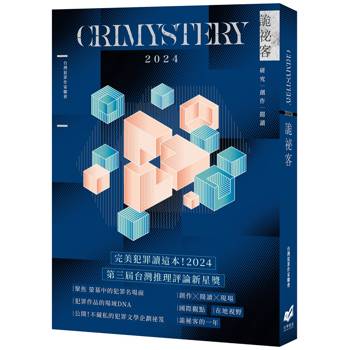This book examines pathways for how to reinvigorate the United Nations, in light of recent crises.
The United Nations requires reinvigoration. The organization’s supply of global governance falls short of global demand in areas ranging from health to environment, while intra-state armed conflicts are on the rise again, and full-blown inter-state war has returned to the agenda. At the same time, decision-making mechanisms are deadlocked and their legitimacy is increasingly questioned. But what pathways are there for reinvigorating the United Nations? This book argues for consolidating key principles pertaining to inter-state relations and human rights, for elaborating on the UN system in order to avoid fragmentation and make it possible for it to keep pace with a changing world, and for revisiting UN decision-making structures, so that it can become more inclusive and rebuild trust among stakeholders. The volume embraces a comprehensive approach to studying the organisation, and the authors analyse the institutions comprising the UN system as well as the social context within which actors put these institutions to use. The book contributes to scholarly debates about the United Nations and about how it is embedded in a broader international order currently beset by crises, and, ultimately, aims to show what concrete steps for strengthening the organization might look like.
This book will be of much interest to students of international organisations, diplomacy studies, global governance and International Relations in general.












